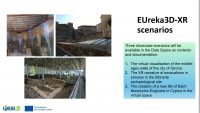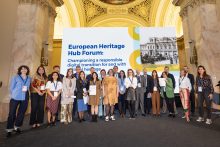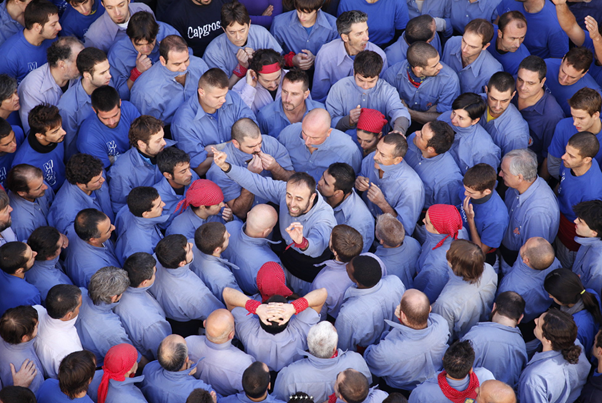
Image: «Diada castellera».Credit: Aniol Resclosa (CRDI). 1st November 2012. At the moment the human tower goes up, the group members have to push together to strengthen the structure they want to erect.
In the framework of the WEAVE LabDay series, an online event hosted by CRDI, the Centre for Image Research and Diffusion in Girona, will present the tradition of castellers. CRDI owns a large Image Archive that holds a wealth of materials reflecting different aspects of daily life in Girona and its rich cultural heritage, and for WEAVE it has curated a collection of 6.500 photographs and 186 videos about castellers (human castles). It has also curated a collection of daguerreotype photographs and plans to digitise more than 100 in 3D and aggregate them to Europeana.
CRDI is a Department inside the Record Management, Archives and Publications Service of Girona City Council . It is a member of Photoconsortium Association and very involved in different international initiatives regarding Photography Heritage. Its mission is to know, to protect, to promote, to offer and to disseminate the Image Heritage of Girona. The main services it provides are: preservation and conservation; on-site and online consultation: reproduction of original images; advice on the organization and management of fonds and collections; assessment and selection; implementation of technologies; management of intellectual property rights; guided tours for schools and specialists, and collaboration on outreach and training activities in connection with images.
This introductory panel about Castellers Culture will explain the values implicitly involved in this activity. This is something very specific to Catalan culture, although Castellers groups exist around the world. In this LabDay we will connect with Castellers’ associations in different countries and share experiences and points of view. The aim is to explain the phenomena of the Casteller.
More information and registration: https://weave-culture.eu/2021/11/04/castellers-labday/
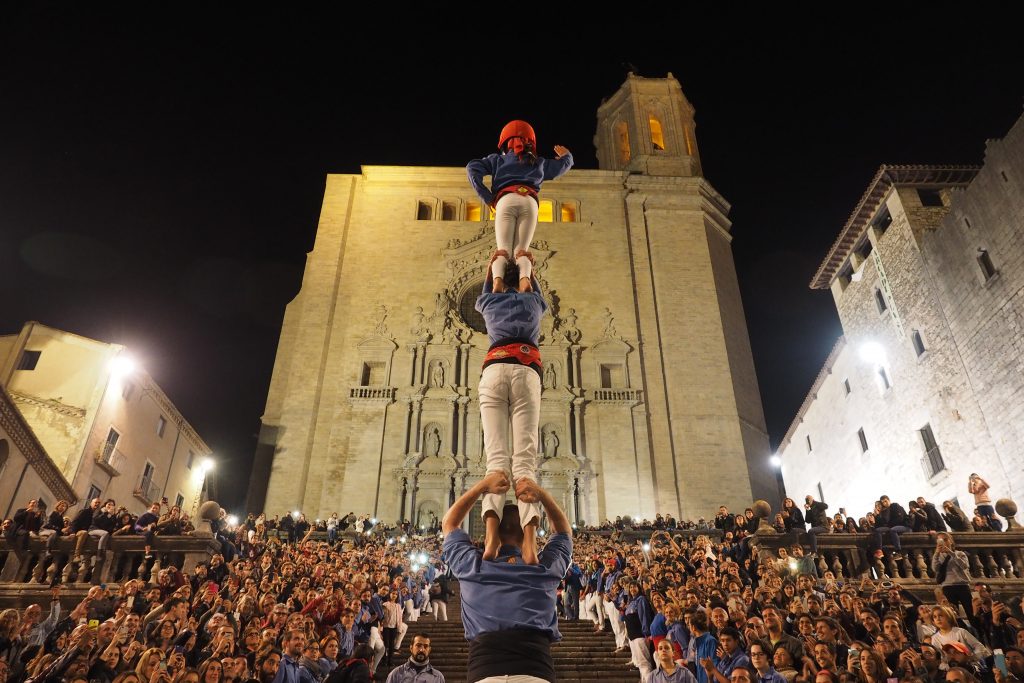
Fires i Festes de Sant Narcís 2016. Pilar de 4 dels Marrecs de Salt a les escales de la Catedral de Girona. Credit: CRDI – Ajuntament de Girona
The content it provides to the project are relevant for the cultural communities represented, that is: castellers (human castles) and communities linked to early photography. Regarding castellers it must be taken into account that in 2010 UNESCO approved the inclusion of castellers in its Representative List of Intangible Cultural Heritage of Humanity. In this way, castells acquired a universal status, with the highest possible recognition to which a popular culture element can aspire. After a long selection process, the final decision was made in Nairobi (Kenya) on the 16th of November 2010. In its decision, among other elements, the Committee highlighted that: “Human towers are recognized by Catalan people as an integral part of their cultural identity, transmitted from generation to generation and providing community members a sense of continuity, social cohesion and solidarity”.
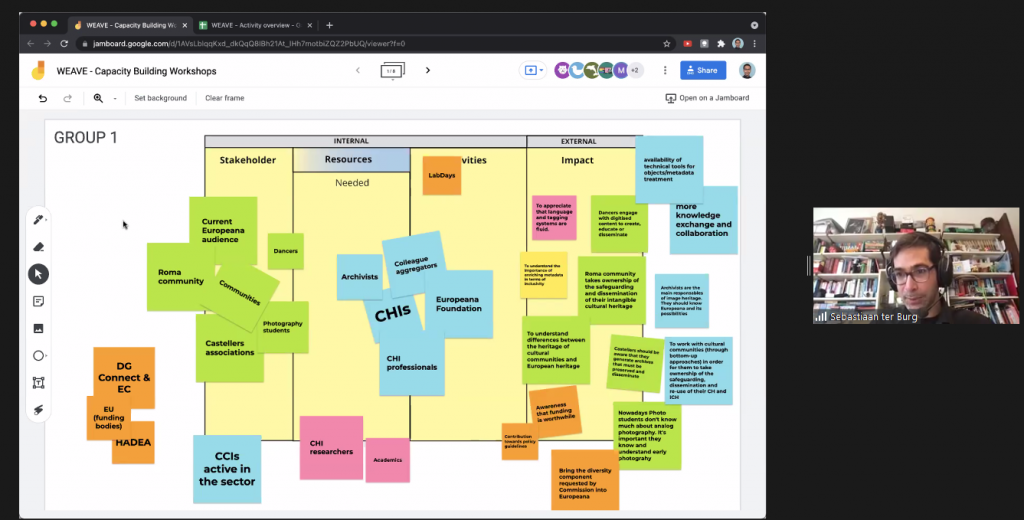


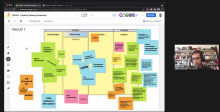
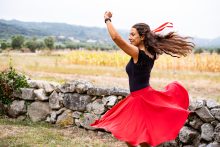
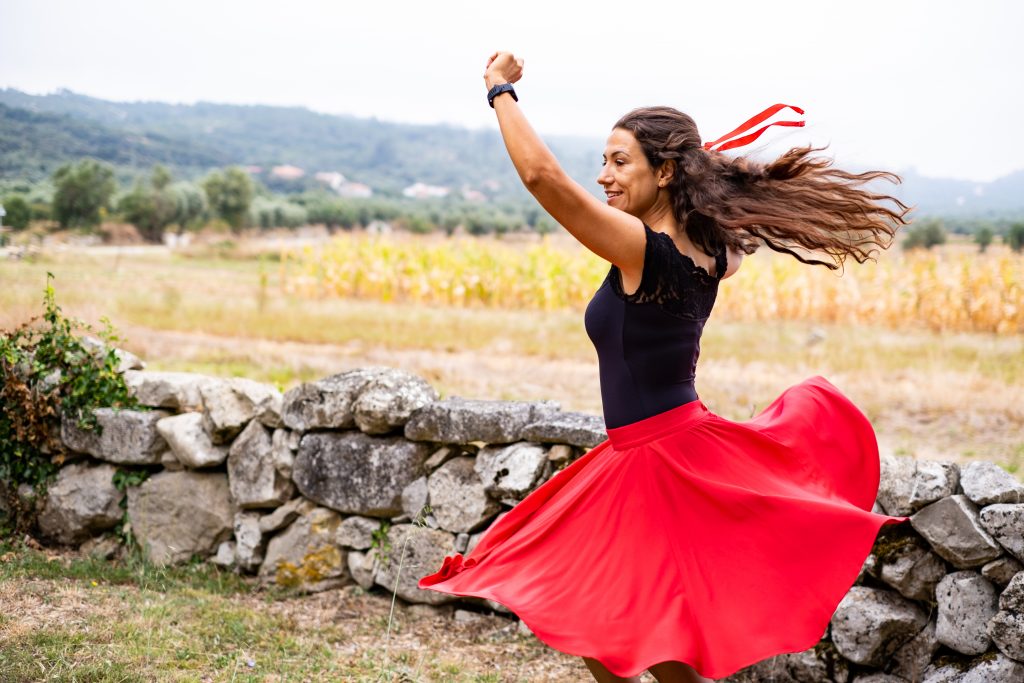
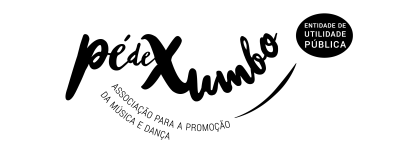
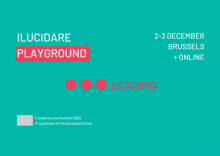
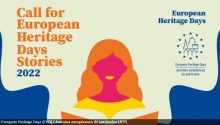
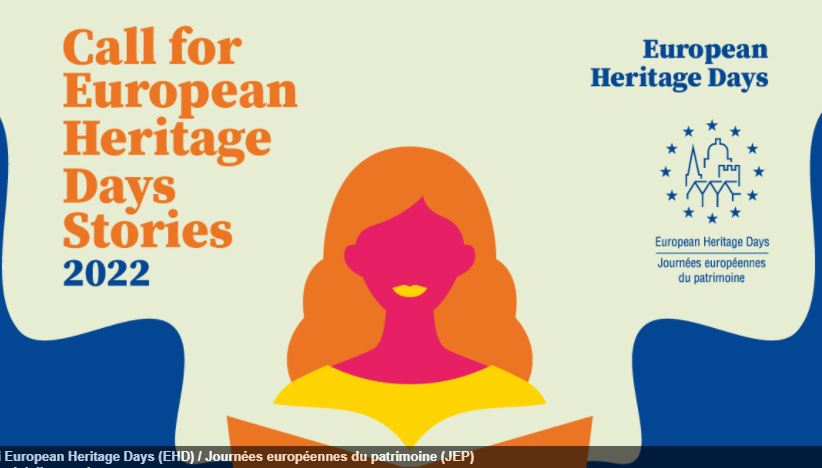 The
The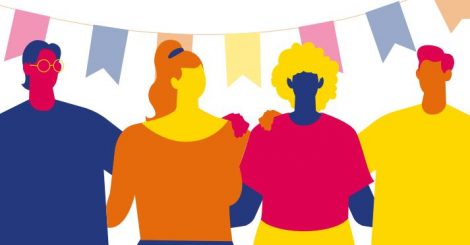
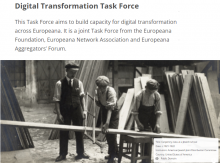
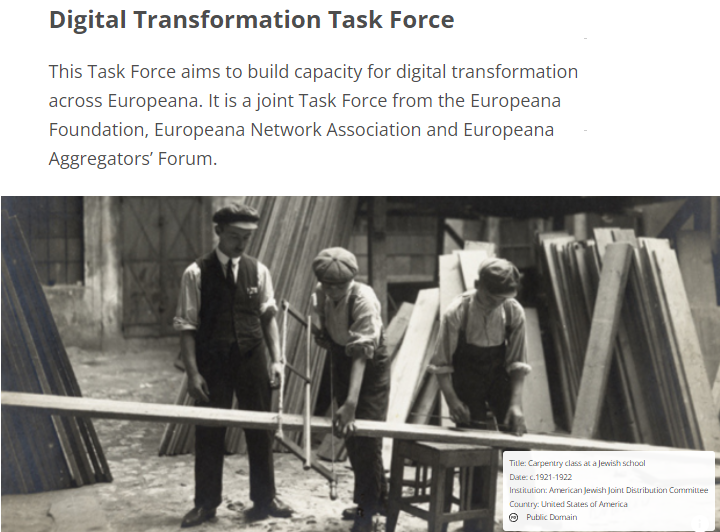
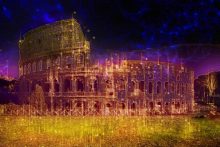
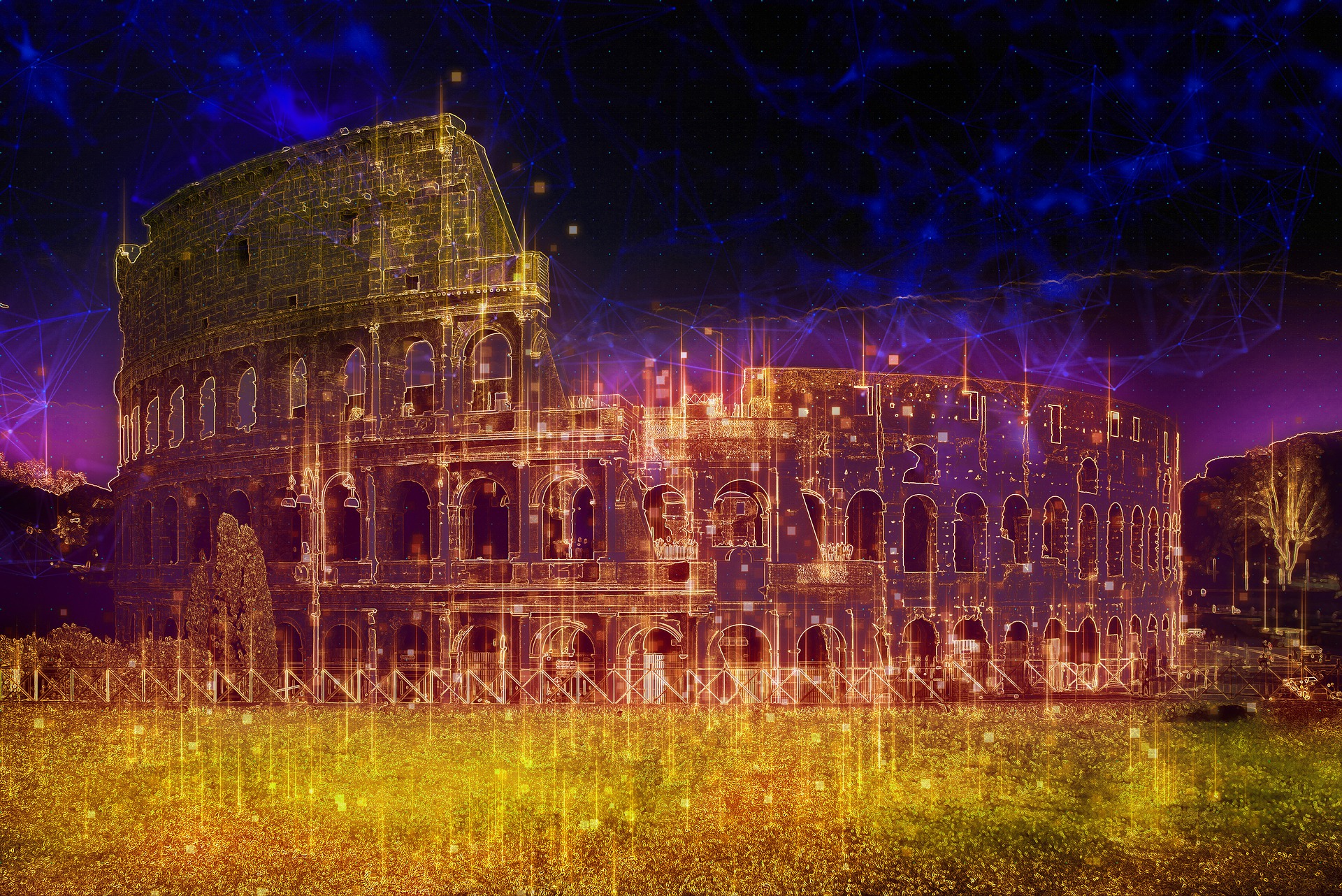
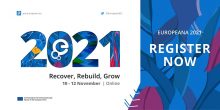
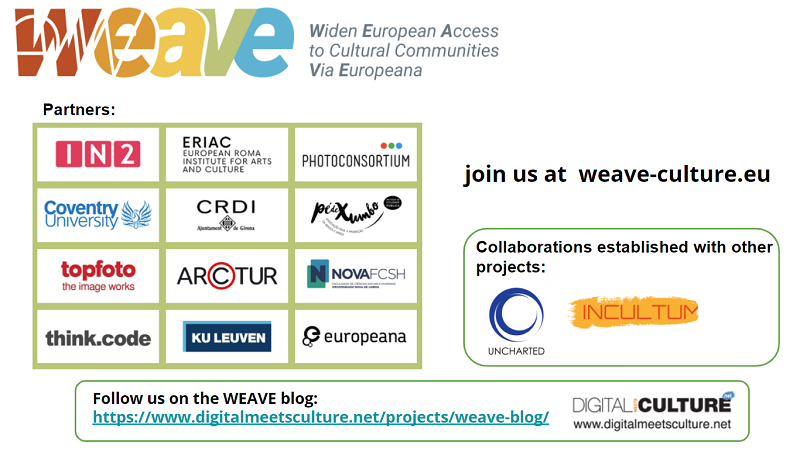
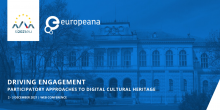
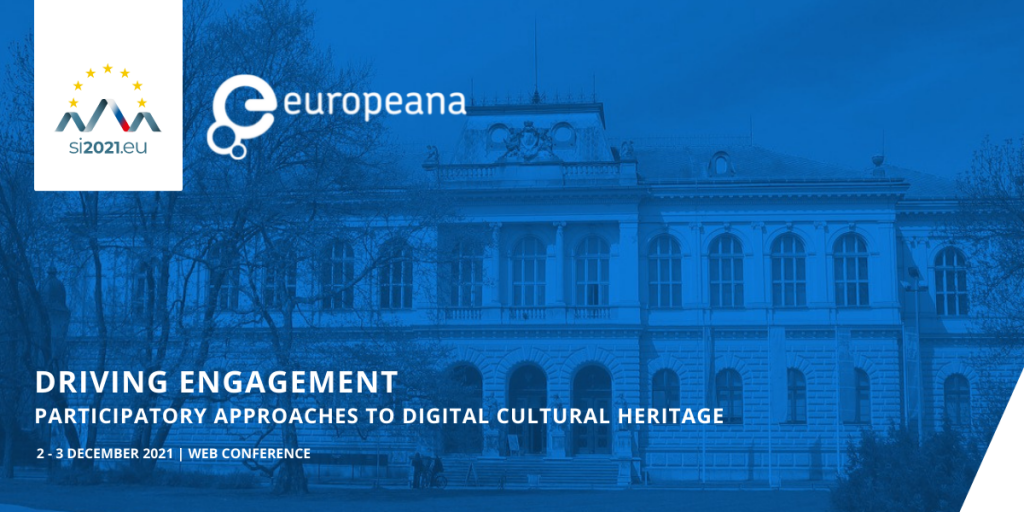

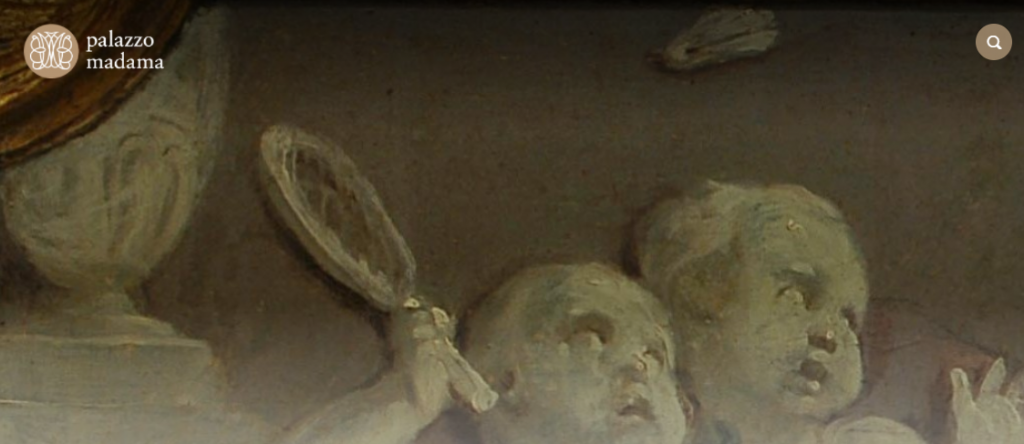
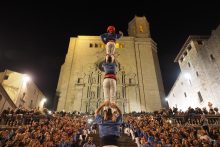


 If you have interesting news and events to point out in the field of digital cultural heritage, we are waiting for your contribution.
If you have interesting news and events to point out in the field of digital cultural heritage, we are waiting for your contribution.





























